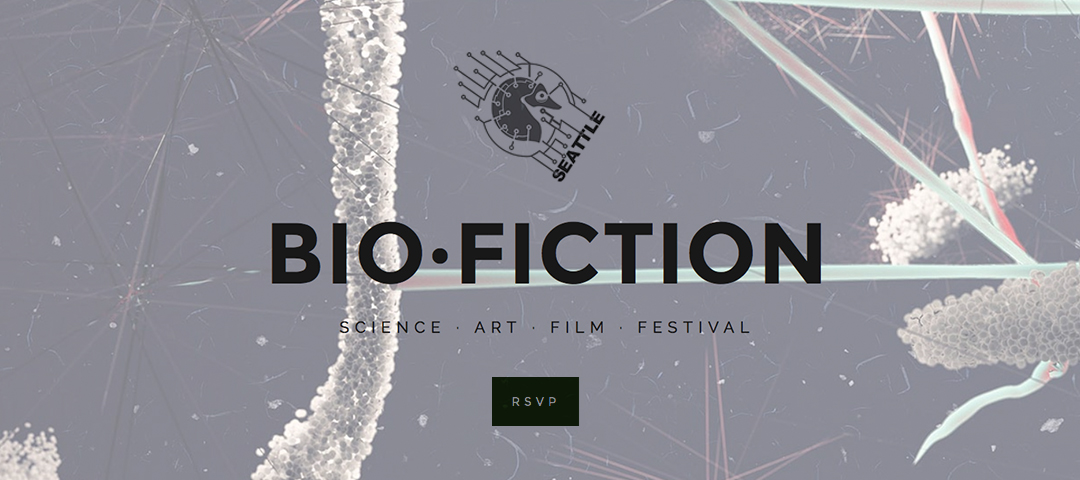For the first time in the U.S.: Join ISB for BIO-FICTION
 isbscience.org/news/2015/04/14/for-the-first-time-in-the-u-s-join-isb-for-bio-fiction/
isbscience.org/news/2015/04/14/for-the-first-time-in-the-u-s-join-isb-for-bio-fiction/
Join us on Thursday, May 7
at Institute for Systems Biology
in South Lake Union
Doors open at 4:30pm. Screening begins at 5:00pm, followed by a panel discussion.
BIO·FICTION explores the emerging field of synthetic biology from different disciplinary angles including science and engineering, social science, cultural studies, amateur biology, film making, art and design. The original program had presentations, panel discussions, do-it-yourself biology demos, performances, art works and, of course, film screenings. It featured short films on any aspect of synthetic biology, including documentary films, animation, and science fiction. BIO·FICTION was created by Markus Schmidt and Camillo Meinhart and was held in Vienna in 2011 and again in 2014. Institute for Systems Biology (ISB) is the first organization to share the event in the United States.
The screening is free and happening in conjunction to South Lake Union Art Walk. Reserve your spot!
RSVP





